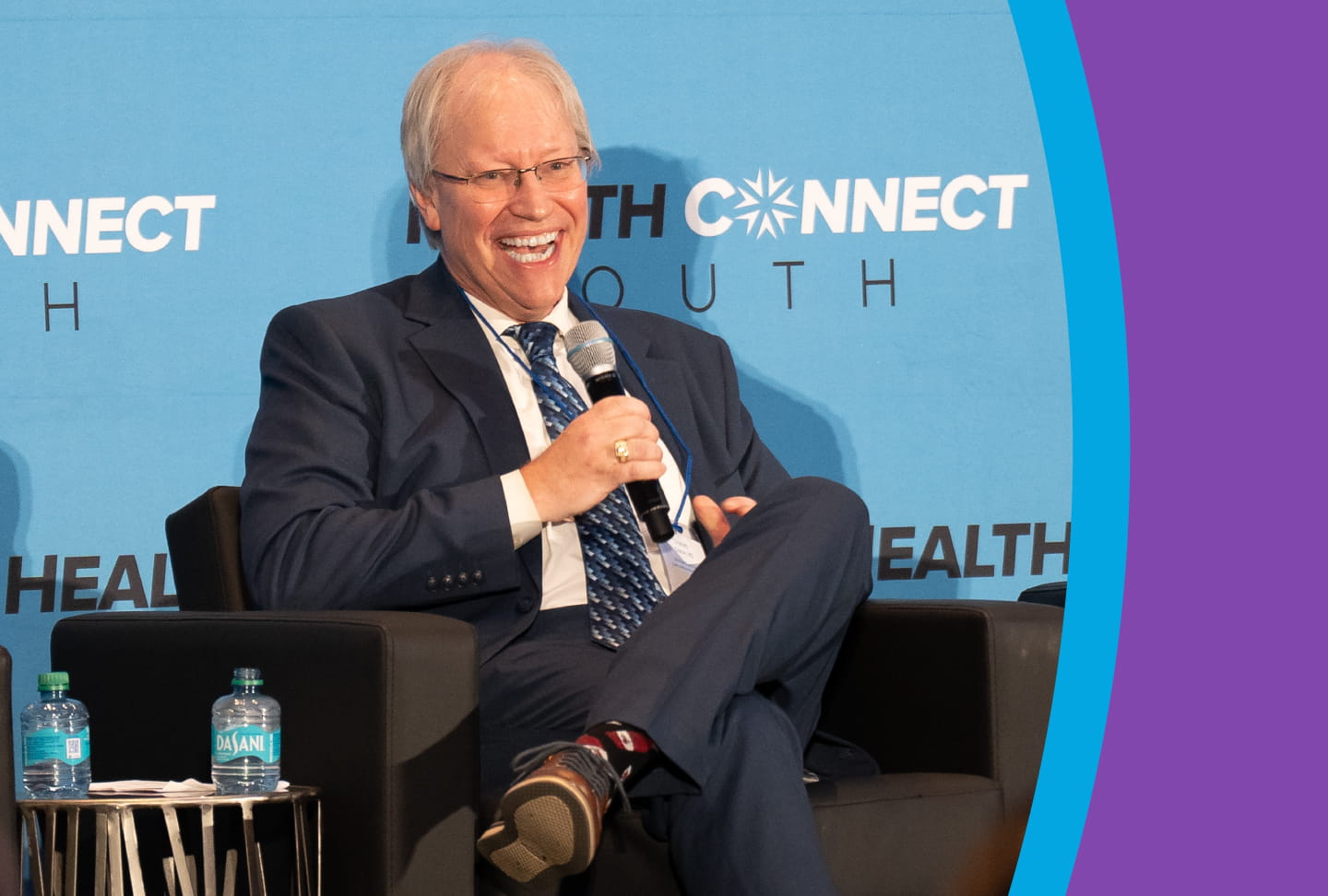At the recent Health Connect South conference, Dr. Charles Craton, Quality Medical Director of Primary Care at Wellstar Health System, participated in an impactful panel discussion titled “Driving Innovation in Your Backyard: Helping Local Startups Get Off the Ground.” The discussion brought together Dr. Craton and other medical experts to explore how innovation and technology are shaping healthcare access and outcomes across the state.
“Part of my role as the Quality Medical Director is to provide great evidence-based care, but I also want to make it easier on our primary care doctors and help reduce burnout,” Dr. Craton explained.
He highlighted Catalyst by Wellstar's pilot program, developed in collaboration with MapHabit, a company dedicated to helping individuals with cognitive disorders. The technology allows patients living with Alzheimer’s disease, intellectual and developmental disabilities, autism, and traumatic brain injuries to live more independently. After learning about MapHabit, Dr. Craton reached out for more information.
“We don’t have great tools for these conditions,” he said. “While we have medication to slow disease progression, this is a tool that can help a lot of people live a better life.” Matt Golden, CEO of MapHabit, was also a panelist. He discussed the growing prevalence of Alzheimer’s, asking audience members to raise their hands if they knew someone affected by the disease. Nearly 80 percent of attendants raised a hand.
“Ten years ago, you might have only had half that response, but unfortunately, Alzheimer’s disease is exploding as people live longer,” Golden shared.
The collaboration between Wellstar and MapHabit is a testament to Wellstar’s ongoing commitment to innovative care. The pilot program, currently taking place in Douglasville and through Population Health Managers, involves ten primary care physicians and 75 families from these practices. The study includes a diverse population, with 65% of study patients being African American, ensuring that the findings and benefits of the program are relevant and beneficial to a wide range of communities.
MapHabit is the first company to use the spared memory system through visual cues and applied behavioral analysis—proven habit-building techniques that benefit people with cognitive decline. The system allows caregivers to set up step-by-step guides for specific tasks they want their loved ones to learn. Patients can follow these visual steps and, over time, perform daily activities without thinking through each step, using a preserved area of the brain. This unique approach helps drive independence for neurodiverse individuals.
Dr. Craton shared that they are halfway through enrolling participants in the pilot, which serves as a proof of concept, and early results have shown improved outcomes. His vision is to see the tool implemented across the entire Wellstar system.
“My ultimate goal is to conduct a full study and publish comprehensive data,” Craton said.




